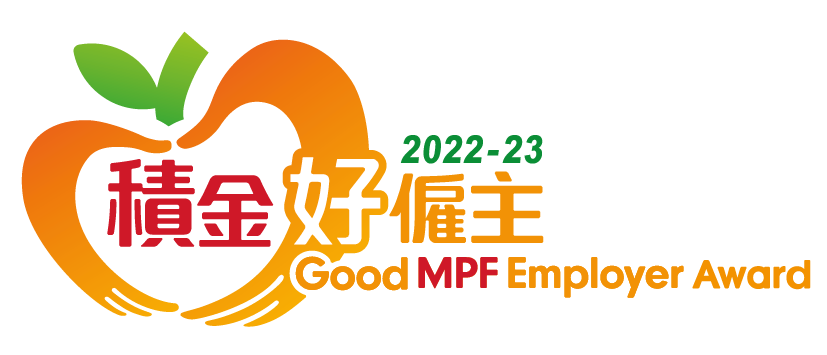The course materials include a printed Course Guide, study units, online readings and an Assignment File. Students do not have to subscribe to other additional materials. However, we recommend you read updates on quality activities from the Internet.
Materials
In addition to this Course Guide, the course has the following important components. Please ensure that you have all of these materials available.
Study units
The five study units in this course are:
Unit 1 Safety analysis and risk assessment
Unit 2 Safety practices and audits
Unit 3 Principles of reliability
Unit 4 Testing and prediction of reliability
Unit 5 Maintainability
Set textbook
There are no compulsory textbooks for this course.
Audiovisual materials/software
You will need access to a computer with Microsoft Windows XP/Vista/7/8 and an Internet browser.
Assignment File
The Assignment File (available from Online Learning Environment, OLE) provides you guidelines for working on your assignments. You can refer to the Course Guide section on 'Assessment' that follows, and to the Assignment File itself for more information.
Presentation Schedule
The Presentation Schedule is available on the OLE. It gives the dates for completing assignments, attending tutorials, surgeries and so on.
Supplementary readings
Selected websites
Online readings from selected websites are assigned in this course.
Assessment
This course is designed to assist you in moving easily from the subject material to the assignments and examination. You are expected to apply concepts and techniques introduced during the course in attempting the assignments. Some problems require qualitative and narrative responses.
There are informal and formal assessments in this course. The informal assessment includes self-assessed activities and self-tests stipulated in each unit. The formal assessment includes three assignments and one final examination. Assignments must be submitted to your tutor for formal assessment according to the stated deadlines. The non-assessed activities are not part of your formal assessment, but it is very important that you complete all these activities as you work through the units.
Assignments
There are three assignments for this course. They are distributed within the whole course. The first assignment will cover Units 1 and 2, the second assignment will cover Unit 3 and the last assignment will cover Units 4 and 5. You can find the assignments in your Assignment File (available for download from the OLE about four weeks before the due dates) along with detailed instructions on how to complete them. You must submit all assignments to your tutors for marking.
Your assignment schedule can be found in the 'Course overview' section of the Assignment File. These assignments will be marked by your tutor. Marks of the two best performed assignments will be selected and each counts for 25% of the final assessment contributing 50% in total for the course. The final examination also accounts for 50%. In order to pass TC S409 Safety and Reliability for Science and Technology, you must pass both the assignments and the examination.
Assignment submission extension policy
The assignment policy of the university as stated in the Student Handbook should be observed. You are required to submit assignments for this course in accordance with the dates communicated by your course coordinator. You may apply for a submission extension on the grounds of illness, accident, disability, bereavement or other compassionate circumstances.
Applications for extensions of up to seven days should be submitted to the tutor. The tutor shall consider valid and unexpected emergencies on an individual basis. Normally, documented proof of the extenuating circumstances is not required for extensions of up to seven days. The tutor shall decide and advise you of the revised date for submission.
For extensions of over seven days, you should note the following:
If you require an extension of more than seven days on the grounds of illness, accident, disability, bereavement or other compassionate circumstances, they are required to complete an 'Application Form for Assignment Extension over seven days' and submit it to the Course Coordinator through the OLE.
Supporting documents must be submitted along with the application for extension of over seven days to justify the claim.
Applications for extension should normally be lodged before or on the due date.
- Applications are considered by:
- the Course Coordinator for extensions of 8 to 21 days; and
- the Dean for extensions of over 21 days.
If the assignment is posted to the tutor, it is your responsibility to check that the assignment has successfully arrived (see Assignment File). Extension applications without supporting documents on the grounds of postal loss will not be accepted. The university cannot accept any responsibility for assignments that are not received by your tutor due to problems with the post. As a precaution, you are advised to keep a copy of each assignment you submit and obtain a certificate of posting from the post office when you post your assignment.
According to the university's policy, there is no extension of the due date for the final assignment.
Final examination and grading
The final written examination for this course will be a 2-hour closed book examination and will account for 50% of the total course grade. It covers all the units. You are suggested to use the time between finishing the last unit and the examination to review the entire course. You might find it useful to review your non-assessed activities, self-assessment exercises, assignments and your tutor's comments on them in preparing for the examination.
Course marking scheme
The structure of the course marking scheme is summarized in the following table. Assignments and final examination each account for 50% of the total course marks.
| Assessment | Marks |
| Assignments 1–3 | best 2 of 3 @ 25% each = 50% of course marks |
| Final examination | 50% of course marks |
| Total | 100% of course marks |










